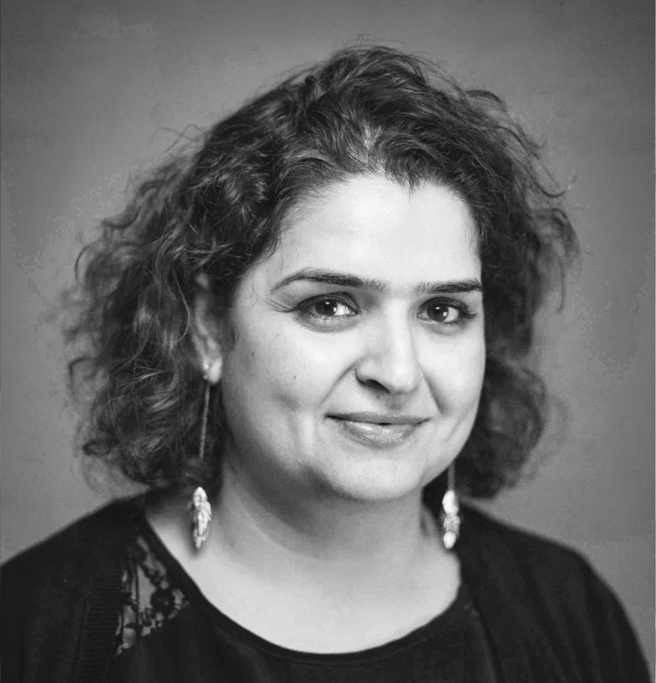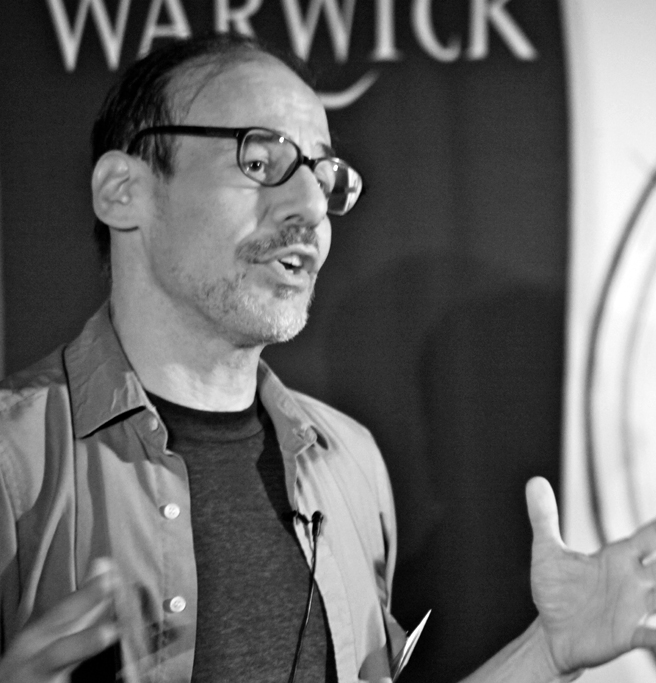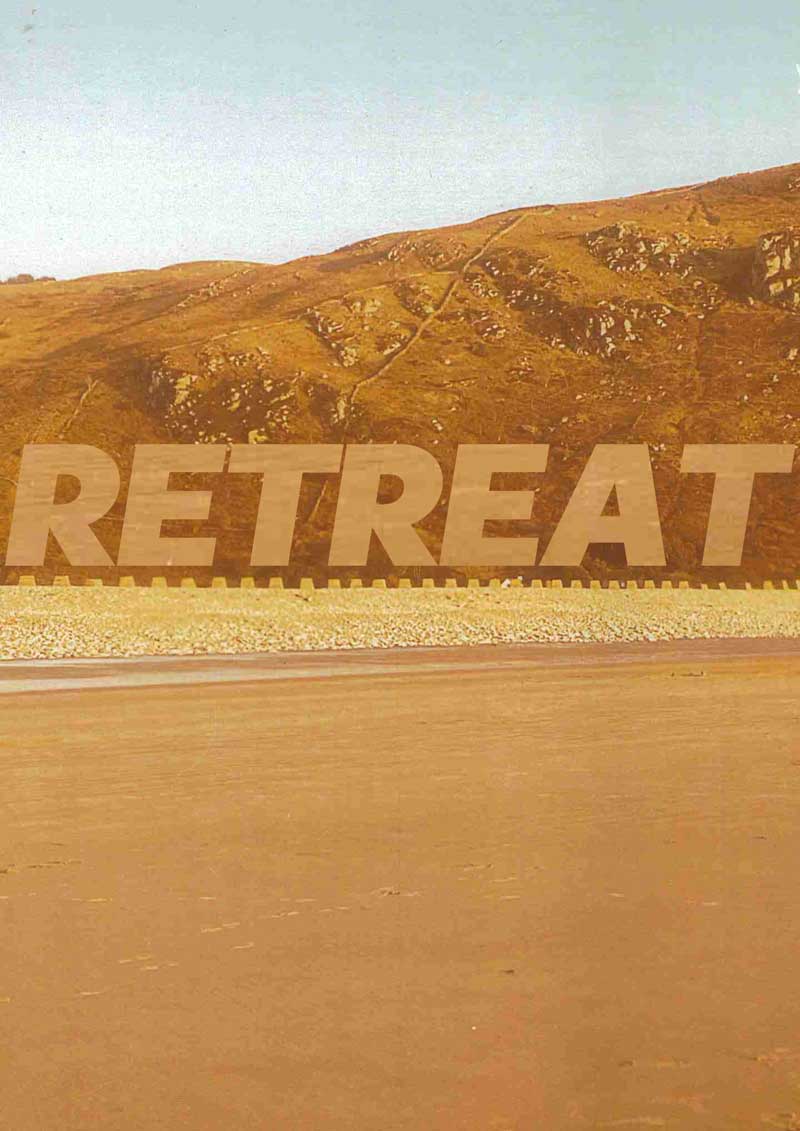Join us on Twitter | Facebook | LinkedIn
Postgraduate Researcher Summer Conference 2024: on-campus at Middlesex, online globally.
Enriching Lives through Research
This year's conference took place at our Hendon campus in person on 3rd July. To accommodate international and distance learning students, the second day, 4th July, was exclusively online.
The annual conference – now in its sixth year – is dedicated to showcasing the innovative research undertaken by our postgraduate researchers. It is an opportunity for students to share their findings and work in progress. But it's also a social forum; a chance to network, debate, and make connections across disciplines, faculties and partner institutions.
The Summer Conference this year was chaired by Dr Agi Ryder, Prof Eleonore Kofman and Dr Tuan Le.
A full list of astracts and profiles can be found here.




Dr Neelam Raina is an Associate Professor of Design and Development and the Director of Research at Middlesex University, London. She has a PhD in Design and Development, and a Master’s in Design and Manufacture from De Montfort University, Leicester. From 2018-2021, she was the Challenge Leader for UKRI’s Conflict and Security Portfolio for the Global Challenges Research Fund.
Her research interests include conflict, security, peace building, material cultures, gender, and livelihood generation in fragile, conflict affected states. Raina’s work explores notions of healing, trauma, peace and reflection through the embodied practices of making, using material culture and tacit knowledge as the underpinning for approaching violence and peace building and for sustainable income generation. Raina is a post conflict reconstruction expert with a focus on South Asia where she has conducted extensive empirical research over the last two decades. The Women, Peace and Security agenda is key to Neelam’s and her research seeks to foreground voices of vulnerable and marginalised women.
Raina is a strong advocate for Afghan women and is the Director of the Secretariat to the All-Party Parliamentary Group (APPG) on Afghan women and girls in UK parliament. Her research in Afghanistan is ongoing as she brings women’s tacit knowledge to commercially viable spaces from the confines of the home."

Steve Fuller graduated from Columbia University in history & sociology before gaining an M.Phil. from Cambridge and PhD from Pittsburgh, both in history and philosophy of science. He currently holds the Auguste Comte Chair in Social Epistemology in the Department of Sociology at the University of Warwick, UK.
His recent work has focused on the post-truth condition and the rival possible futures for humanity. Fuller's most recent book is Back to the University's Future: The Second Coming of Humboldt (Springer), and his next book is Media and the Power of Knowledge (Bloomsbury).

The Grove Atrium, Middlesex University
2-16 July 2024
10:00 - 17:00 Monday-Friday, 12:00 - 17:00 weekends.
‘Retreat: the UK’s first climate refugees’ is an exhibition of artwork and research exploring the changing coastal landscape of Fairbourne, North Wales. Fairbourne hit the news in 2021 when government officials declared that due to rising sea levels, the village would no longer be safe or sustainable for habitation by the year 2052. Local authorities unveiled a plan for ‘managed retreat’, putting a stop to the maintenance of sea defences. The press declared the residents the UK’s first climate refugees.
This exhibition brings together two visions of Fairbourne’s future. Georgia Clemson’s artwork combines photography and sculpture to create a collection of artefacts that represent the remnants of a town whose residents already feel abandoned. Inspired by Plato’s story of Atlantis, these sun and sea-bleached objects are an imagining of what will be left when our coastal towns are lost underwater. Accompanying them is Clemson’s film which focuses on the water and manmade sea defences surrounding Fairbourne. Hemmed in by the Mawddach Estuary and the Irish Sea, Fairbourne also experiences runoff from the mountains. At high tide, the village is already below sea level and the film uses the constant flow of water to highlight its vulnerability.
Out of this desolation rises the innovative work of landscape architect Daniel Shaw whose design thesis ‘Fairbourne 2070: Adapting coastlines, changing lives’ won the Landscape Institute Student Portfolio Award 2022. Shaw proposes an ambitious and optimistic future for Fairbourne as a town that can adapt to coexist with the water that threatens its existence. In ‘Fairbourne 2070’, Shaw imagines a thriving coastal economy built on the principles of sustainability, ecology and community.
Together, these perspectives bring the issue of climate catastrophe home and show us that change is not only happening overseas but on our doorstep. In a recent report the Committee on Climate Change found that over 350,000 households are located in areas at risk of coastal flooding and erosion. The threat will only increase as sea levels around the UK are likely to rise one metre or more and this could happen as early as 2100. This exhibition also shows that if we take action now, there is hope that we can adapt to live with the change in a positive and collaborative way.
This exhibition has been created to coincide with Barnet Climate Action Month 2024.
@barnetcouncil
@g.clemson
@dan.j.shaw

We are plants, we are grass, we are Hackney Marshes is an immersive audio-visual installation that takes you on a journey of being landscape through the embodied eyes of filmmaker Dominique Rivoal and the sensing body of movement artist Claire Loussouarn. It invites to slow down and attune our sensate bodies and felt sense to the incredible spectacle of nature that we constantly miss out on an everyday basis.
Hackney Marshes is the largest common land in London and has never been built upon. It is a wild oasis within urbanness which disrupts romantic portrayals of nature as separate and clean from modernity. Through Claire's attuned movement and Dominique's embodied framing, nature is de-glamourised and experienced directly with the senses and close to the bones shining its bleakness and immediacy with potency.
For the last five years since September 2018, the artists have been moving and filming in a specific spot of uncut grass behind the Lee Valley ice ring centre where a diversity of wild plants grow. They return every month experiencing seasonal and weather change, the life cycle of plants, park rangers' maintenance cut back of plant friends, the ice ring demolition and re-construction, birds and planes flying by, seasonal foragers, human passers-by and their canine companions.
Claire moves spontaneously with the environment of Hackney Marshes often finding herself entangled and in relationship with the plants growing there. She never knows what her next step will be as she lets herself be moved by the landscape. Dominique relates with her camera attuning to Claire's movement, her own internal landscape and the space equally. She holds the camera in her hands and often doesn't look through the viewfinder trusting her animal body to find its own footing. Together they blur the separation between object and subject on screen.
The four screens, their 360 placement in a square shape and the spatial soundscape aims to recreate the three dimensionality of this heightened state of awareness in landscape that both artists experience in each monthly encounter.
We warmly invite you to join us at Middlesex University. Please register on Eventbrite to reserve your place – and let us know if you have any dietary or accessibility preferences!